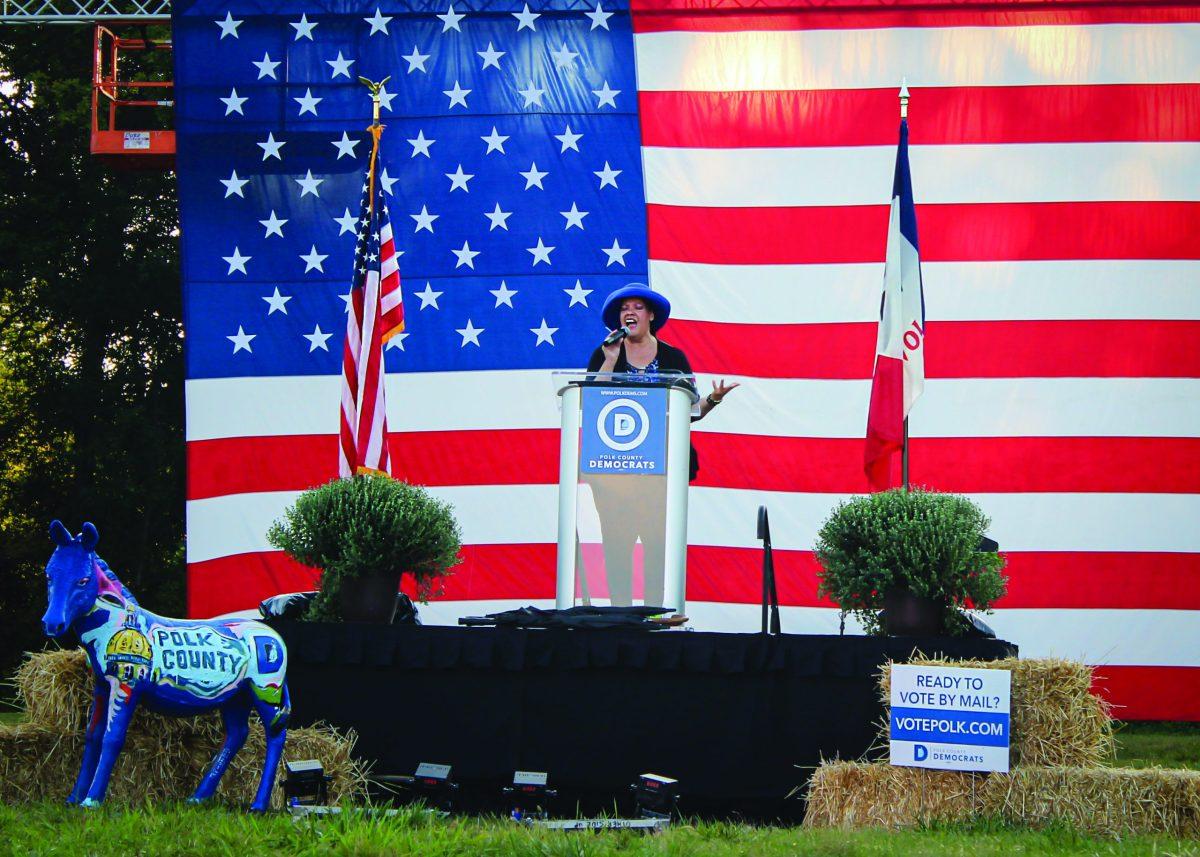Logan Stufflebeam
Future of Iowa Caucuses
In recent years, there has been scrutiny surrounding Iowa being the first state in the nation to cast their vote. The Iowa caucuses are the first of all of the caucuses and primaries in the United States, and politicians flock from across the country to win the hearts of constituents. But with all eyes on the Iowa caucus after the delayed results of the 2020 election, the future of Iowa’s beloved caucuses is seen in a new light.
“Iowa is not first because it’s important. Iowa’s important because it’s first,” says political analyst, Dennis Goldford.
He goes on to say, “Whoever is first is going to be important, just because they’re first.”
But why is Iowa first, anyways?
For beginners, it is necessary to understand how the Iowa caucuses came to be as they’re seen today. Iowa has always had caucuses that are run by political parties that function to elect delegates to county conventions from corresponding precincts, and to voice an opinion on the party platforms.
In 1972, the Iowa caucuses were transformed, purely by what Goldford calls a “historical accident.” It was the year Richard Nixon was running for president. He was not being seriously challenged by a single democratic opponent, but there was an active fight for who would be on the democratic ticket. This led a few party leaders at their precinct caucuses to raise the question of who the party’s presidential candidate should be. At the time, nothing really came from this instance. That is, until those who supported then-Georgia governor Jimmy Carter got word of the concept.
In 1975, Carter came to Iowa. He stayed for 14 months, talking to constituents and letting people voice their concerns. And in 1976, Jimmy Carter won the nomination and the presidency.
Not only did he win the presidency, but he had also revolutionized the Iowa caucus.
Now Iowa’s on the map. People were paying attention to Iowa—and it was all, really, born out of coincidence.
When Republican candidates, such as Teddy Kennedy and George H. W. Bush, wanted to challenge their opponents, they chose Iowa too.
Every four years, Iowa comes under scrutiny again and again as to why this tradition should continue. After all, with 90.06% of Iowans being White, many agree that Iowa does not accurately represent the diversity of the United States as a whole.
So why has Iowa stayed in first place?
The answer is simple. “Until it can be agreed upon what should replace [Iowa], it just remains by default,” Goldford says. “You can’t replace something with nothing.”
While Iowa defends its caucus every four years in an uphill battle, it is harder to defend now more than ever after the delay in the democratic caucus results last year. Even with this increased pressure on Iowa, enough states would have to come together to agree on who should take Iowa’s place as the first to vote.
Until then, Iowa will remain the default.







